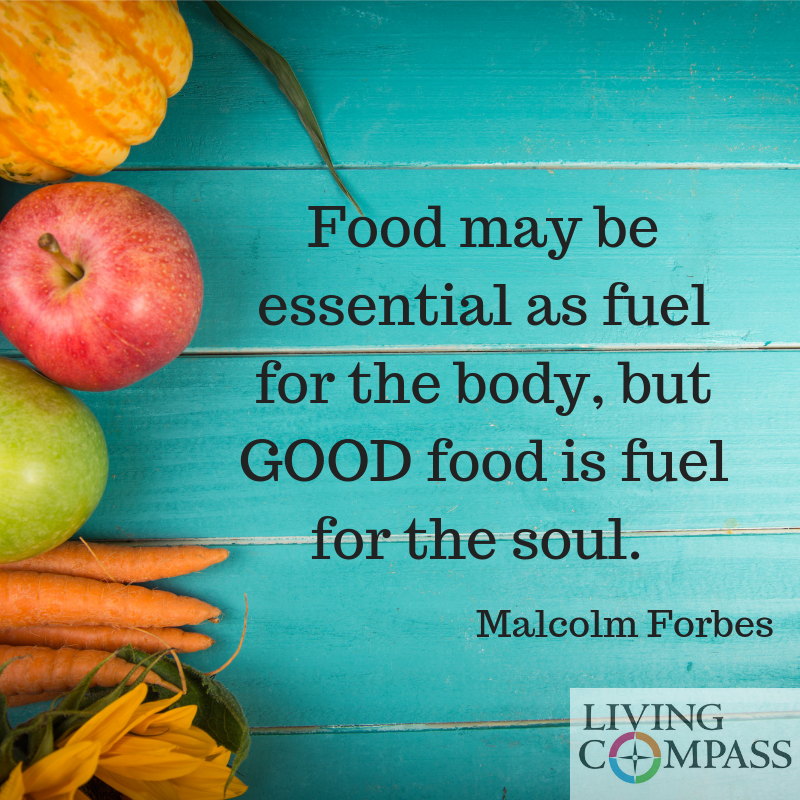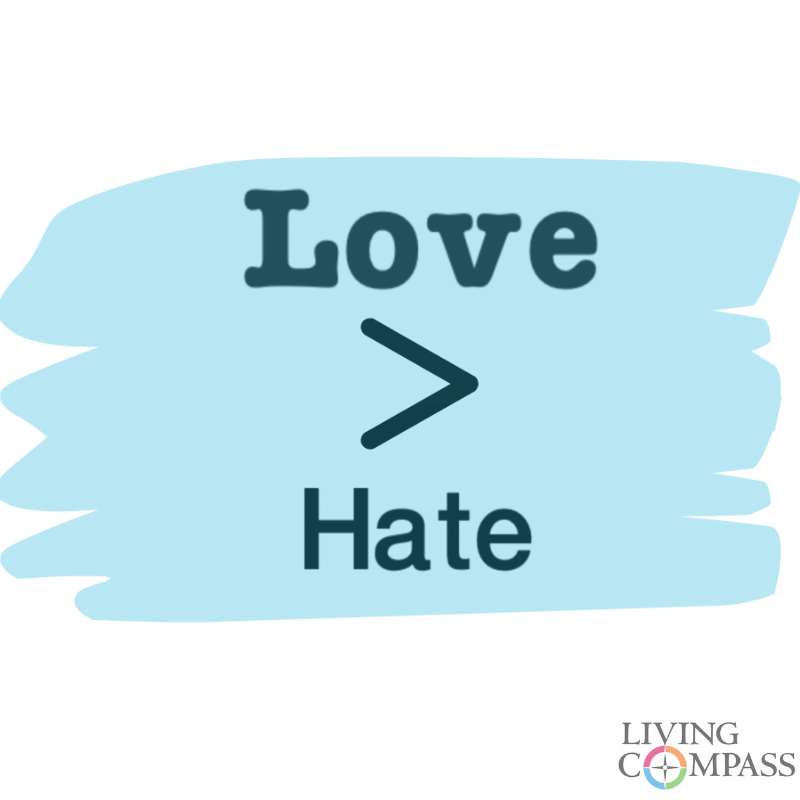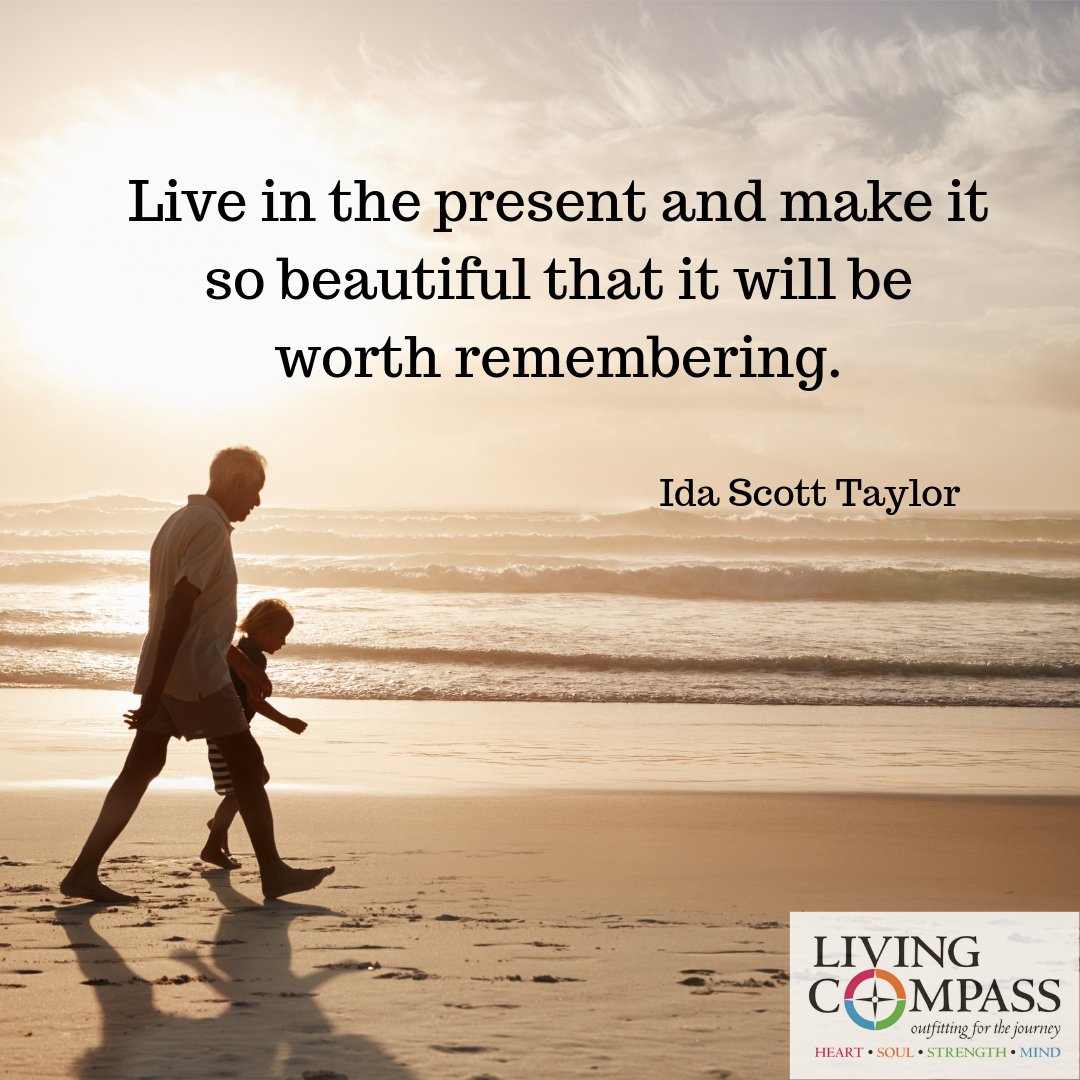Balance and Ice Cream
Do you ever suffer from sphenopalatine ganglioneuralgia? If you do, you have no one to blame but yourself. That may sound harsh, but I know first hand about this because I, through my own doing, suffered from it again last week. That's right, just a few days ago I made the mistake of eating my two scoop mint chocolate chip ice cream cone way too fast. Sphenopalatine ganglioneuralgia is the scientific name for what we normally refer to as a brain freeze or a dreaded ice cream headache.
A brain freeze, I learned after doing a little research, is caused when the nerve fibers on the roof of one's mouth get overwhelmed with too much of a cold sensation. When this happens the nerve fibers begin to constrict and the brain interprets the signals it is getting as pain. A brain freeze will pass relatively quickly (although it doesn't feel quick when you in the midst of it) and it is helpful to know that holding your tongue on the roof of your mouth will help relieve the symptoms. This is because your tongue will help warm up, and thus expand, the cold nerve fibers.
The lesson in all of this is simple--too much of a good thing is often a bad thing. We know this in theory of course, but it is easy to forget in the moment. For example, I have a tendency to work too much and when I do my work/life balance gets off-kilter. This can easily create its own kind of brain freeze, where stress causes my thinking to be less clear and my emotions to be more reactive. Others may routinely stay up late enjoying the quiet of the night leaving them exhausted and crabby in the morning. Others may overspend in the excitement of the moment, only to feel the pain when the credit card bill arrives. Still, others may enter too quickly into a relationship only to find out later that the other person is not a good match for them.
We live in a culture that seems to thrive on excess and intensity, and where moderation can even be viewed as boring or dull. This way of thinking is captured in a saying I have heard folks proudly exclaim from time to time, "If anything is worth doing, it is worth overdoing." It is usually said in a joking manner, yet many people seem to take it seriously or even as good advice. However, interestingly enough, whenever I ask people to list some words that they associate with wellness, the word balance is almost always at the top of the list.
The famous Trappist monk and writer, Thomas Merton wrote, "Happiness is not a matter of intensity but of balance, order, rhythm, and harmony." And the ancient Greek philosopher Epicurus wrote, "Be moderate in order to taste the joys of life in abundance." My response to these two great thinkers is to pose a few important questions for all of us, myself included: Is there anything right now in our lives that we are doing either too intensely, quickly, or in excess? Is there some area of our lives that if we slowed down or did in a more moderate way, we might enjoy it more, both now and in the long run?
With this in mind, the next time you find yourself enjoying an ice cream treat, remember that balance and moderation are not only essential to enjoying ice cream, but are also the keys to helping us all, "taste the joys of life in abundance."
Scott is on vacation today and next week, and is no doubt eating lots of ice cream. This column first appeared several years ago.
Subscribe Now to Weekly Words of Wellness:
Click the button below to signup for the e-mail version of Weekly Words of Wellness. This weekly article can be shared with your community electronically and/or used for group discussion.
You can unsubscribe at any time.




